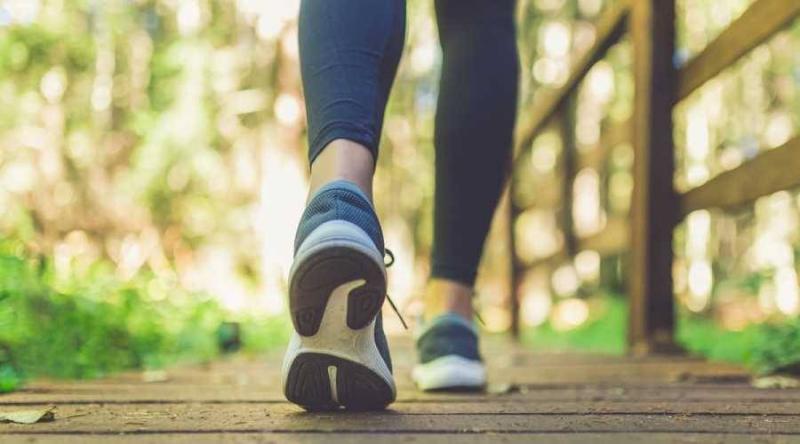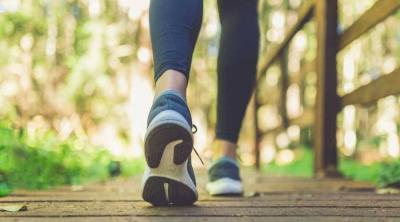A scientific study has added a new reason to walk after meals throughout the day, finding that it reduces large fluctuations in blood sugar levels, which increase the risk of diabetes and heart disease. The study, reported by CNN and published in the journal *Sports Medicine*, revealed that walking for two to five minutes after a meal prevents significant spikes and drops in blood sugar levels.
Standing after a meal can also help, but not as much as walking, said co-author Aidan Puff. Puff noted that intermittent breaks throughout the day reduce glucose levels by 9.51% compared to prolonged sitting, while high-intensity intermittent walking leads to a larger decrease in glucose levels of about 17.01% compared to long periods of sitting. He added, "This indicates that breaking up sitting time with standing and light walking is beneficial for glucose levels."
The study relied on a meta-analysis, which combines qualitative and quantitative data to reach conclusions. Researchers analyzed results from seven studies comparing the effects of sitting, standing, and walking on insulin and blood sugar levels. Participants in the studies were asked to stand or walk for two to five minutes every 20 to 30 minutes throughout a full day.
The researchers found that the total observable activity among participants was about 28 minutes, including standing and light walking periods lasting two to five minutes. They observed that if people walked for a short duration after meals, their blood sugar levels increased and decreased gradually, with more stable insulin levels compared to standing and sitting.
Experts say that avoiding spikes in blood sugar is beneficial for the body, as rapid increases and decreases elevate the risk of diabetes and heart disease. Previous studies have shown that blood sugar levels rise within 60 to 90 minutes after eating, so it is better to move after finishing a meal.
How does movement help? Muscles need glucose to function, so walking and movement assist in removing sugar from the bloodstream. This is why many runners rely on consuming carbohydrates before races.




